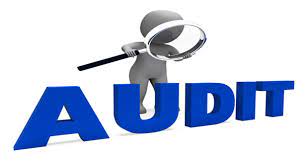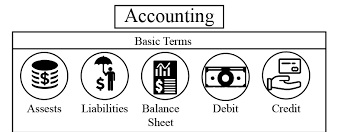What are the key financial transactions that a Resistred Nurses should record?
Key of Financial Transaction Registered Nurses in India should diligently record several key financial transaction to ensure accurate accounting and compliance with tax regulations. These transactions include: 1. Income from Employment: Registered Nurses should record their salary and any additional income earned from their nursing job. This includes base salary, allowances, overtime pay, and… Read More »







